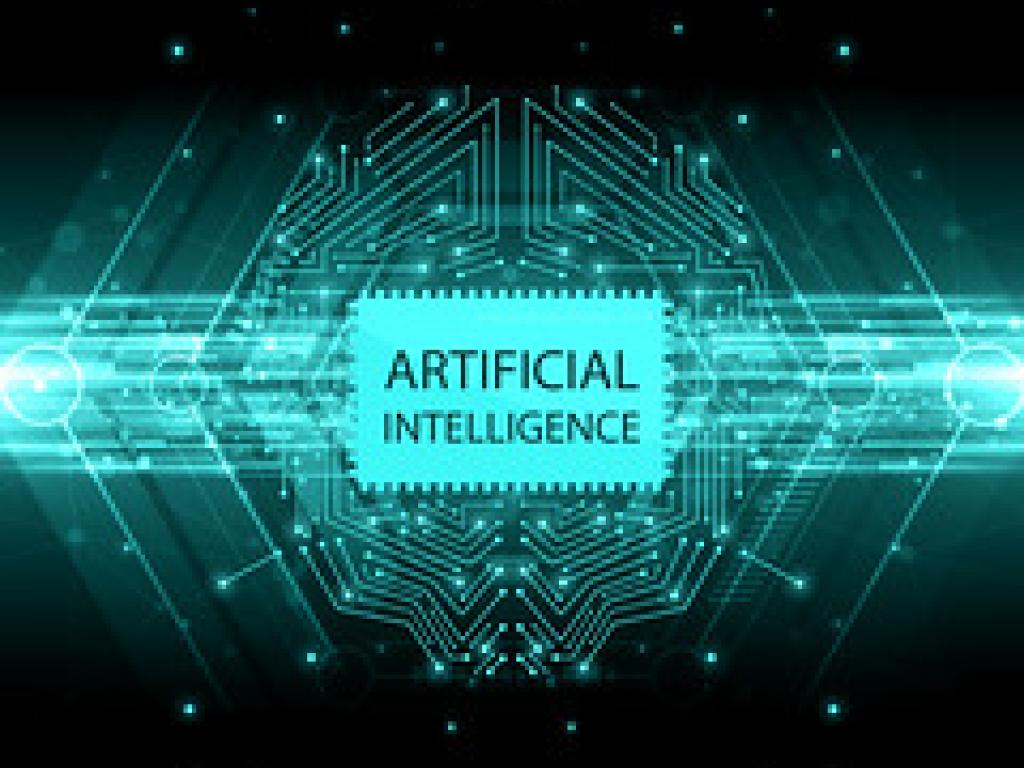Beijing Internet Court refuses copyright for AI created work


CC BY 2.0 Image via www.vpnsrus.com
An update on a recent case from the Beijing High Court that refused copyright protection for an AI generated work.
by Desmond Oriakhogba
A 2019 technology trend report of the World Intellectual Property Organisation (WIPO) shows an increasing use of artificial intelligence (AI) within the innovation and intellectual property (IP) landscape globally. For instance, there is a rising trend in patent applications on AI technology, a growing adoption of AI technology by IP offices in their decision-making process, and continued filing of patent applications relating to AI assisted inventions. Also, as evinced by the recent study of Professors Reid and Ncube, AI technology is increasingly being utilized to enable access to copyright works by persons with disabilities. Apart from these use cases, the creation of patentable subject matters and copyright protected works by AI, through machine learning technology, seem to be commonplace in today’s digital driven world. These developments have generated debates on whether IP laws can/should be stretched to accommodate the “AI Inventor” and “AI Author”.
The question whether copyright law should extend protection to works created by AI recently attracted judicial attention in of the Beijing Internet Court (BIC), China, in the case of Beijing Feilin Law Firm v Baidu Corporation, No 239 [2019], Civil First Instance, 25 April 2019. This writer could not find the case online. However, a review of the case by Ming Chen in the Journal of Intellectual Property Law & Practice (2019) 14(8) 593 - 594, can be found here. The following comments are based on the said review of the case.
Gleaned from the review, the plaintiff claimed that the defendant (an internet service provider – ISP) infringed its “right of communication of information on networks” (similar to the making available right). The claim related to a report published by the plaintiff on its’ WeChat account. The report was a summary of “some data about judicial [decisions] on the film industry in Beijing.”
The data was drawn from an electronic database (Wolter Kluwer legal database) containing graphics and Chinese texts providing information such as “the total number and trend, the workload of every court in Beijing, the rate to hire lawyers” among others, relating to judgments on the Beijing film industry. Without authorisation of the plaintiff, the report was posted on the defendant’s internet platform by a third party. In its defence, the defendant argued that the report in issue was not copyright protected because it was created by AI.
In its judgment, the BIC distinguished the texts of the report itself and those in the electronic database which formed the foundation for the report. The BIC found that the texts in the report were indeed expressed by the plaintiff and, consequently, subject to copyright protection. However, the BIC refused to extend protection over the texts and graphics contained in the electronic database.
The judgment of the BIC turned on whether the relevant texts and graphics in the electronic database were sufficiently original under Chinese copyright law. In this regard, the BIC held that the graphics were not original to the plaintiff because the graphics were created by AI based on data inputted by the plaintiff. Also, the court reasoned that the “variation of [the] graphics was attributable to the change in the data” and “different users’ of the database “would get the same result if they used exactly the same data”. Moreover, it was held that the “plaintiff did not provide extra evidence to prove that they had done some additional choices in relation to the lines and colours” in order to show originality.
Concerning the texts in the electronic database, the BIC held that they were sufficiently original. However, held the BIC, the texts were generated by AI. As such, they cannot be protected because under Chinese copyright law, protection does not extend to works created by AI. Chinese copyright law only accommodates works created by humans, or as the case may be, legal persons and entities “without legal personality” (art.11).
South African courts have not gotten the opportunity to pronounce on the question of whether the provisions of the Copyright Act 98 of 1978 should be interpreted to recognise the “AI Creator” and afford protection for AI created works. The Copyright Amendment Bill 2018, awaiting presidential assent, maintains similar approach as the Copyright Act on authorship and copyright ownership. When such opportunity does arise in South Africa, some guidance may be found from the judgment of the BIC.